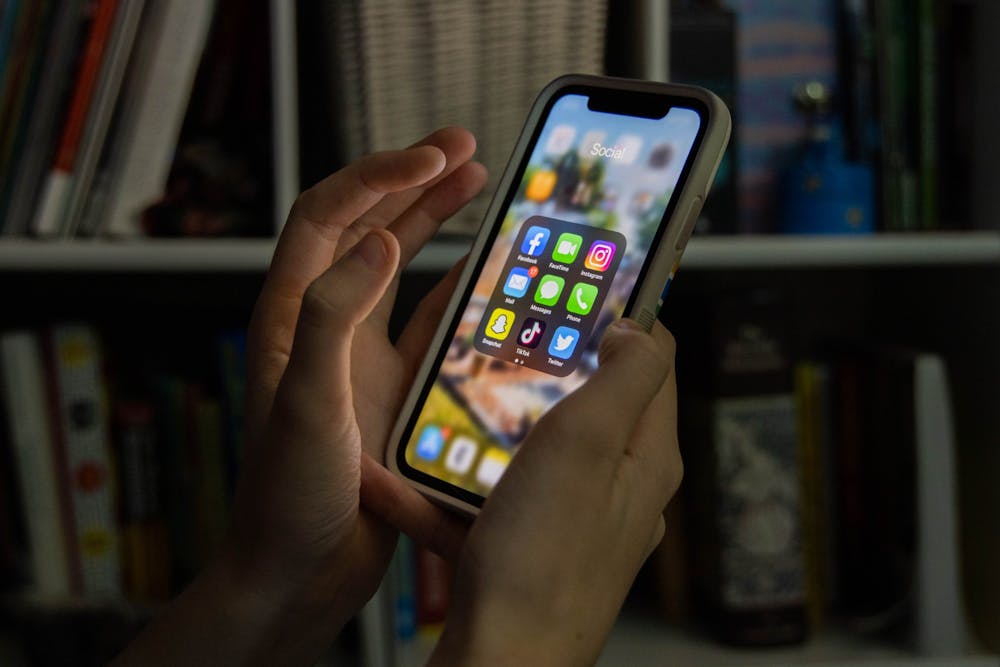As the University closes its residence halls and transitions to online classes, an increasing number of students are adjusting to life outside of campus, adopting quarantine and social distancing measures amid the spread of COVID-19.
In an email to University employees on March 12, Chancellor Kevin Guskiewicz stated that the University was advised by the UNC System Office to increase social distancing on UNC’s campus.
According to the U.S. Centers for Disease Control and Prevention, social distancing is one potential mitigation strategy to reduce transmission of COVID-19, and includes avoiding large gatherings of people and maintaining a distance of six feet from others.
But abrupt social isolation may negatively impact some people’s mental health, said Dr. Samantha Meltzer-Brody, chairperson of the Department of Psychiatry in the UNC School of Medicine.
“It is completely normal for people to feel distressed and for people to feel a real sense of loss and frustration being yanked away from, if you will, their lives,” Meltzer-Brody said. “For college students, your life is being at school and for that to change on a dime and without notice is going to be distressing.”
Meltzer-Brody noted that the general uncertainty surrounding the virus and state of the world can be anxiety-provoking, particularly for younger generations who may have not encountered a global pandemic of this magnitude. She also said in light of this uncertainty, it’s critical for people to follow public health guidelines.
“It is uncharted territory, and you could use the word ‘unprecedented’ for most people alive, which makes it really a big challenge for all of us to manage that uncertainty,” Meltzer-Brody said. “So I think that is all part of the need for people to practice self-care and practice ways of managing their anxiety and using specific tools to do it.”
Meltzer-Brody said she understands the need to be informed — but that it’s also important for people to avoid being inundated by news coverage about coronavirus. She said some ways to manage stress levels include exercising and getting fresh air, engaging in hobbies and remaining connected to friends and family through apps or over the phone.
First-year graduate student Wai-Sum Leung created a channel in Discord, an app for students to chat in real time with other people. The voice and text chat app was created for gamers to connect with each other, but Leung said she was motivated to share the resource in a Facebook group after seeing threads of people looking for social support while in isolation due to COVID-19 restrictions. She said she did so especially after seeing several posts from students with anxieties about lacking the means or comfort to engage in social distancing at home.



